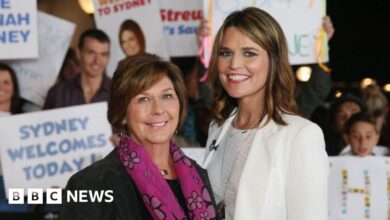U.S. Senator Raises Concerns Over Safety of Weighted Sleep Products for Infants; Major Retailers Halt Sales

Concerns over the safety of weighted sleep products designed for infants have prompted U.S. Senator Richard Blumenthal to call for a Federal Trade Commission (FTC) investigation into the advertising practices of companies like Dreamland Baby and Nested Bean. Blumenthal, a Democrat from Connecticut, has criticized these companies for making unverified safety claims despite warnings from child safety experts. His concerns were detailed in a recent news release following his official communication to FTC Chair Lina Khan.
In response to these concerns, prominent retailers including Amazon, Target, and Babylist have discontinued sales of certain weighted sleep products. Amazon announced it would remove listings that suggest these products are suitable for infants or claim benefits like faster or deeper sleep for babies. This proactive measure aligns with the retailer’s commitment to safety, especially for vulnerable consumers.
Manasi Gangan, founder and CEO of Nested Bean, defended her company’s products, stating that their decision to halt sales came after a misleading warning from a CPSC commissioner, not from any substantiated safety risks. Gangan emphasized the absence of recalls and a strong safety track record over the company’s 13-year history.
The debate over these products arises from broader safety guidelines issued by the American Academy of Pediatrics. Their 2022 report advised against using weighted sleep aids like blankets and swaddles for infants, citing potential risks such as suffocation and inhibited movement. Pediatricians like Dr. Rachel Moon have expressed concerns that these products could compromise a baby’s ability to move freely or even breathe properly if the sleepwear shifts position.
The move by these major retailers reflects a growing trend towards erring on the side of caution in products aimed at infants. As the industry continues to evaluate the safety of these items, consumer safety remains a priority, prompting ongoing scrutiny and reevaluation of product offerings based on the latest pediatric guidelines and safety data.




